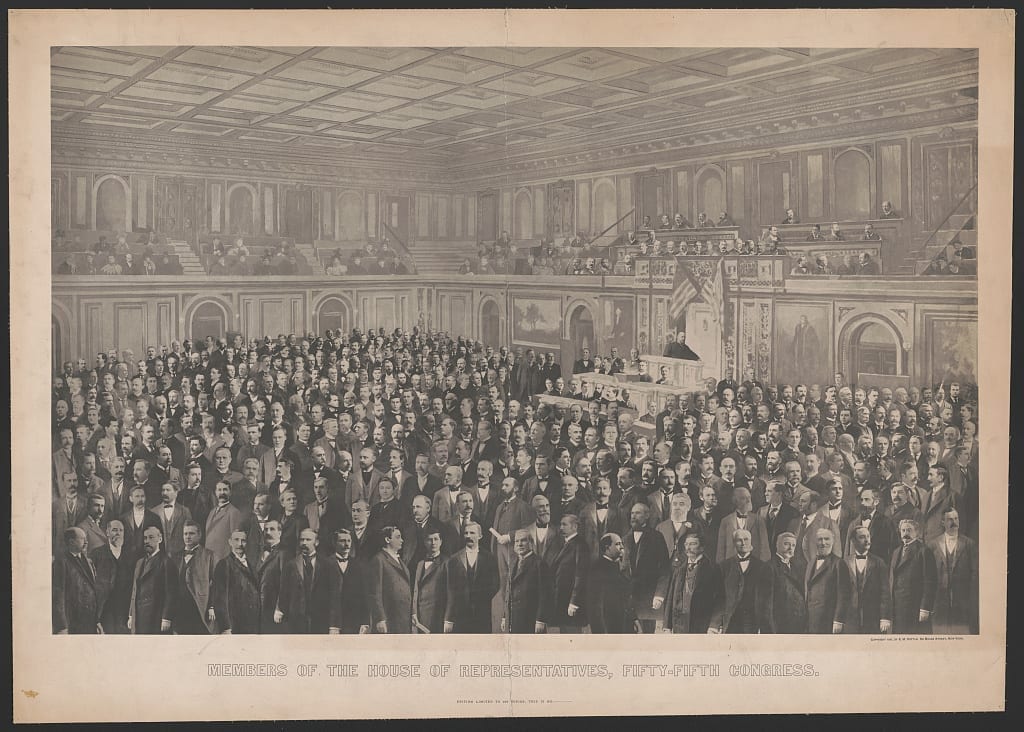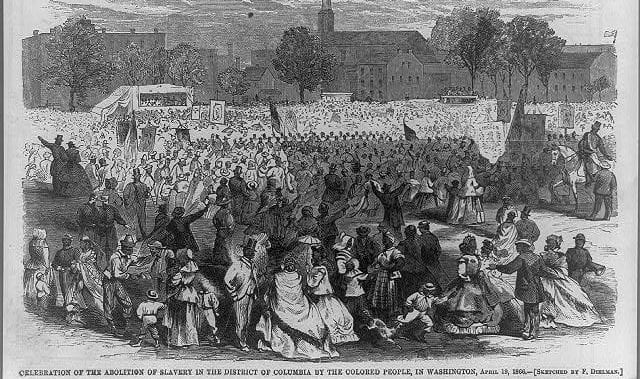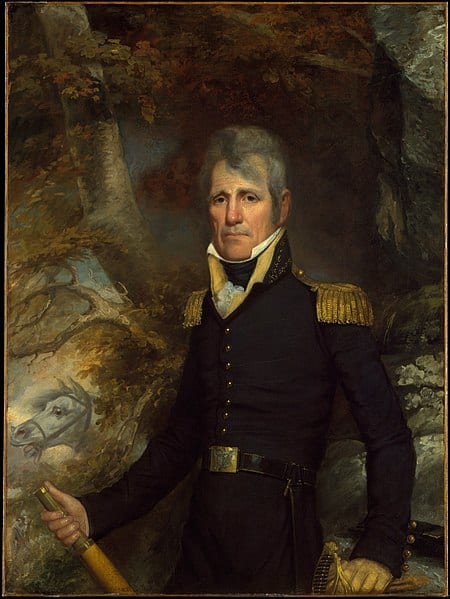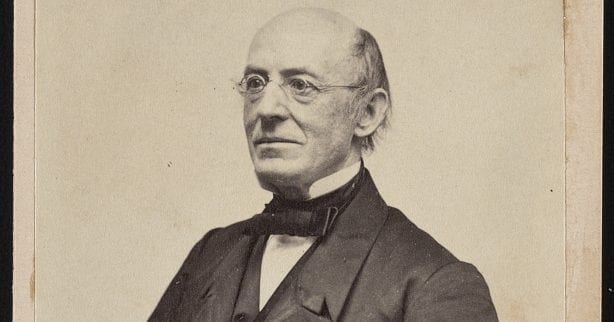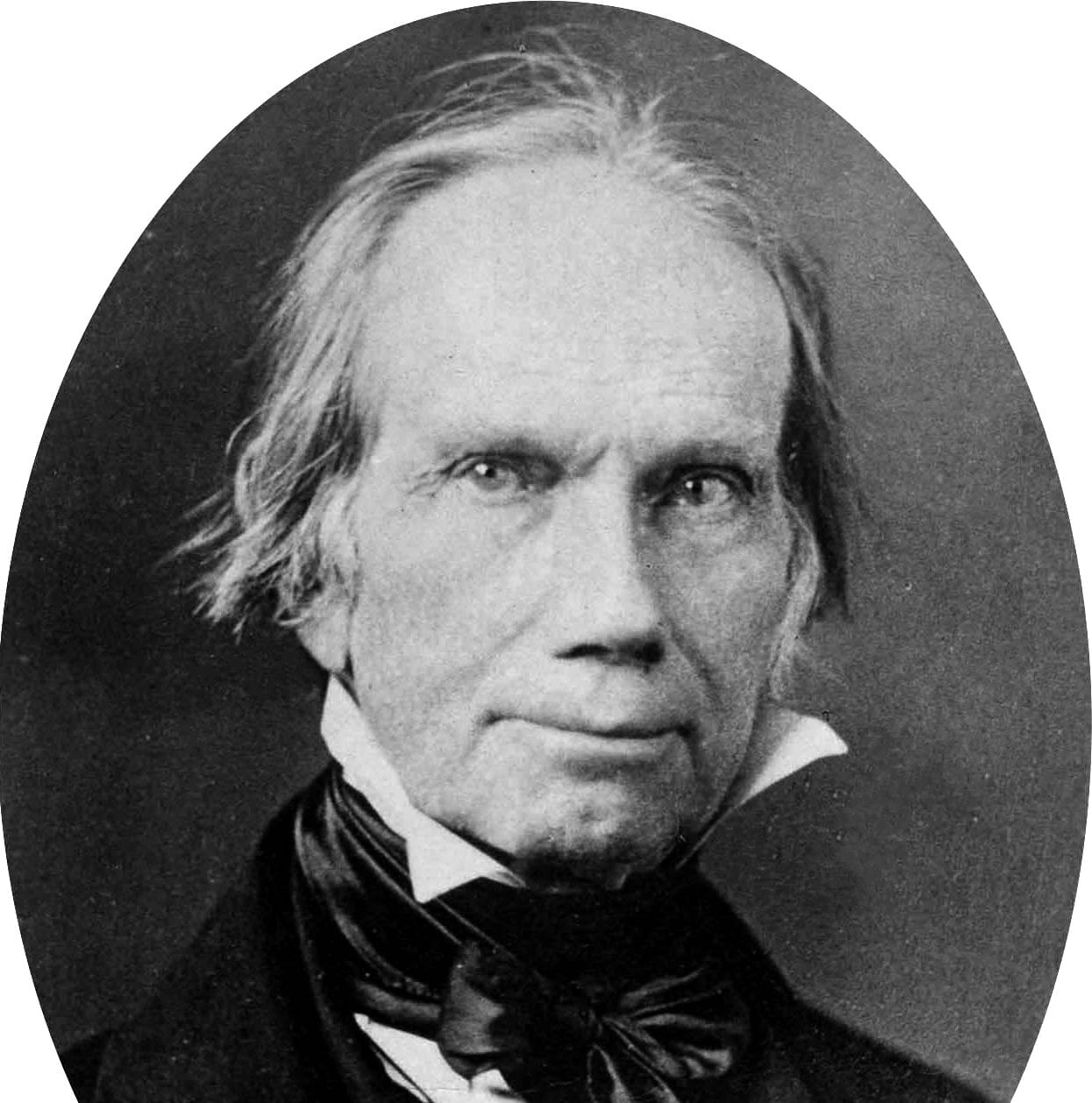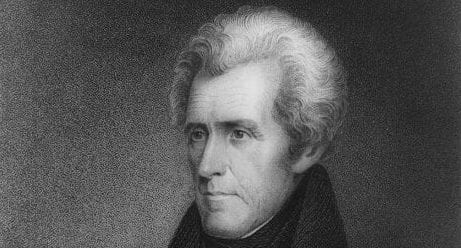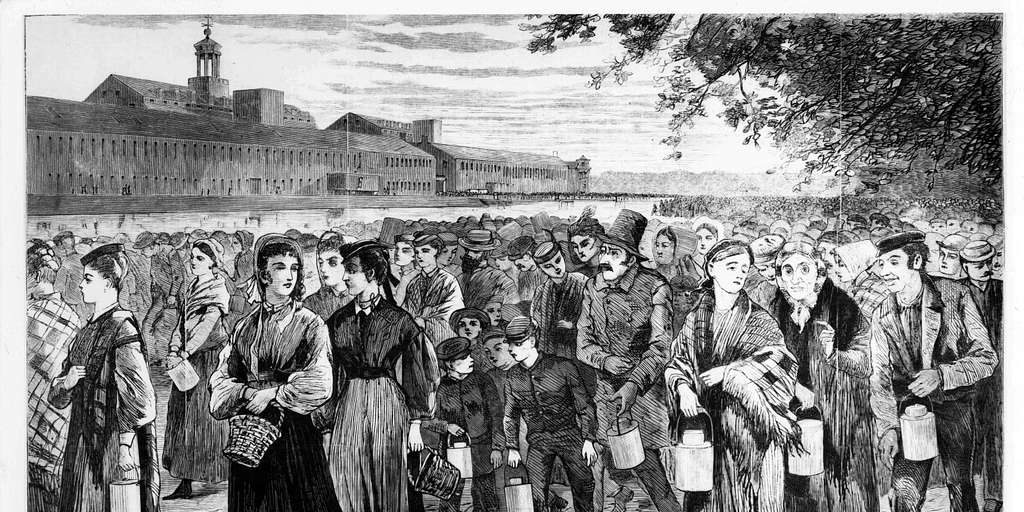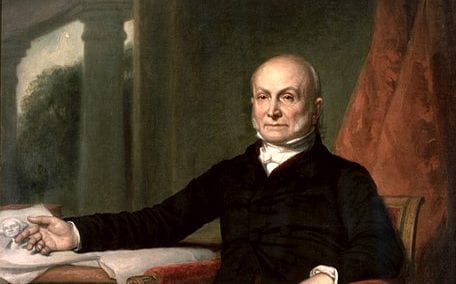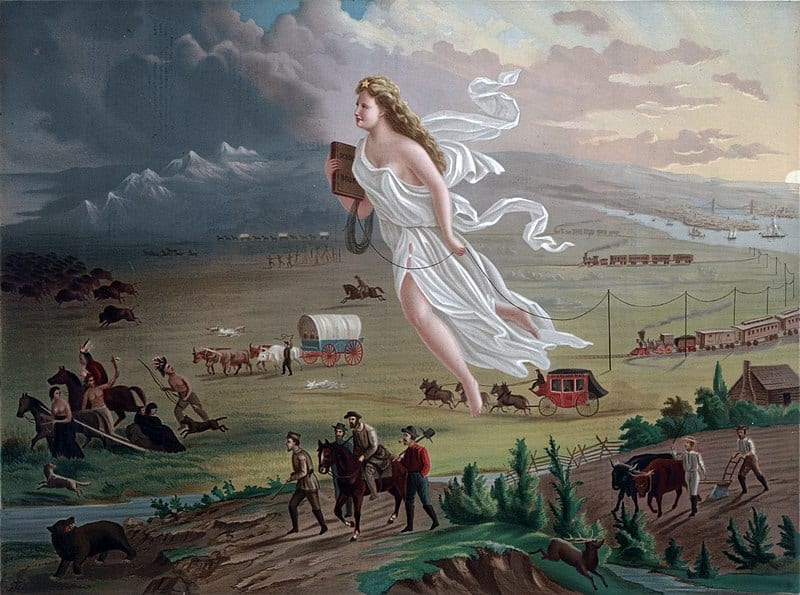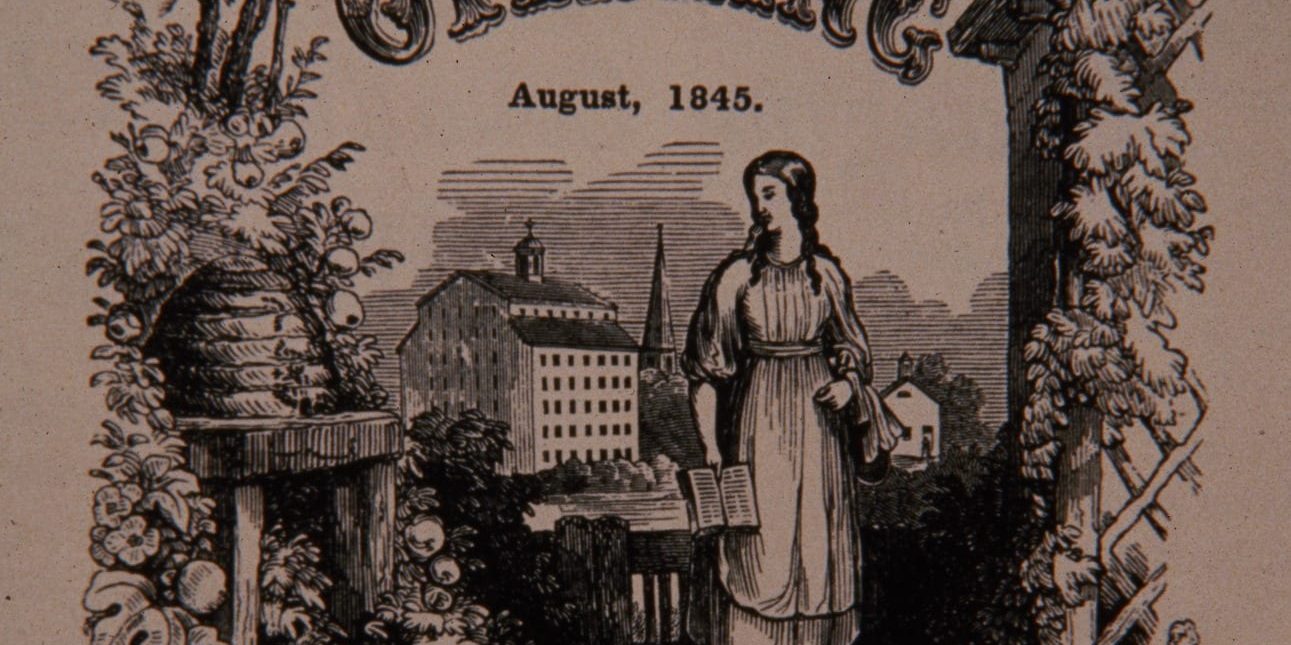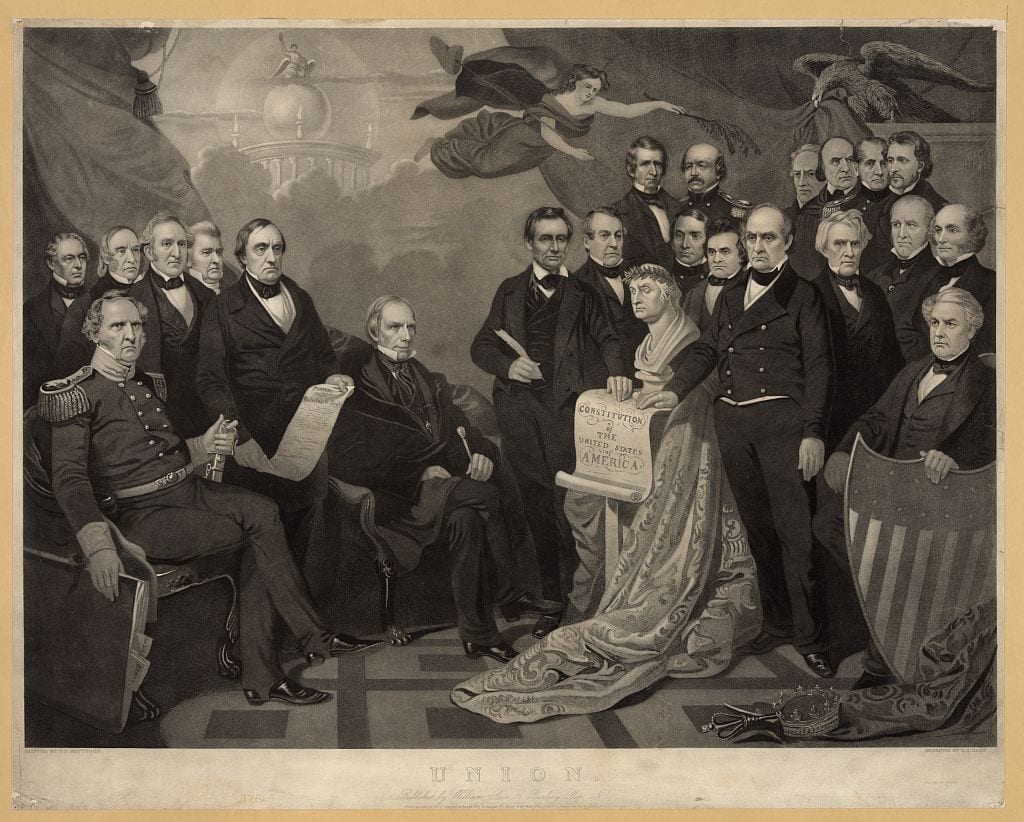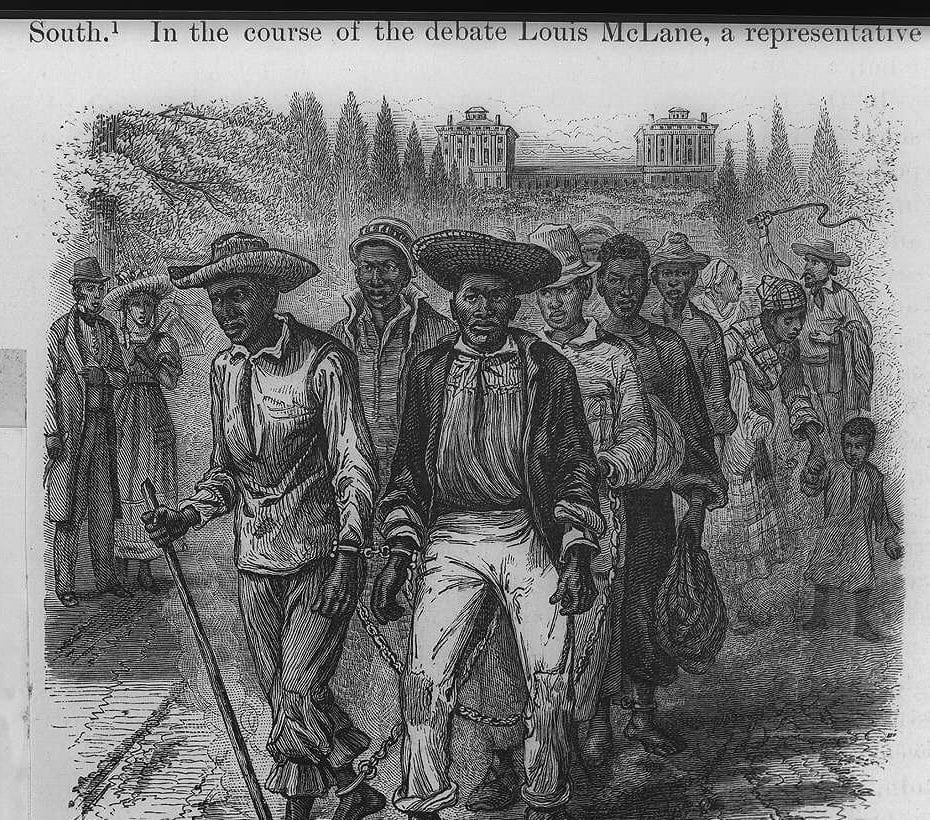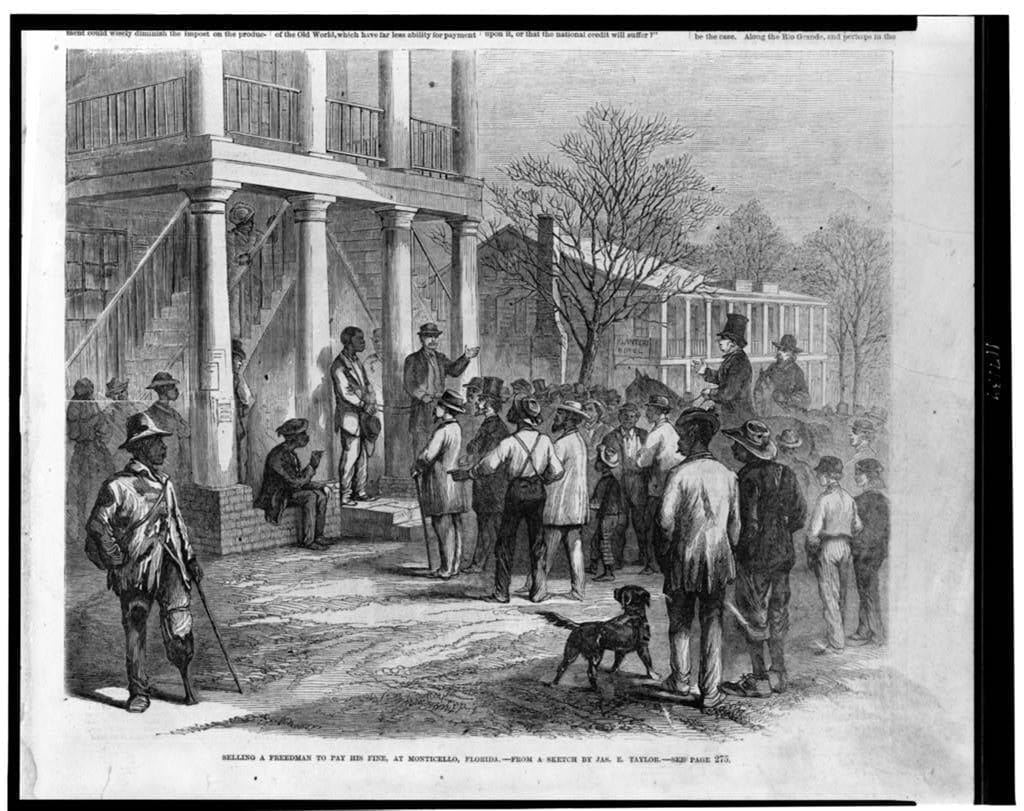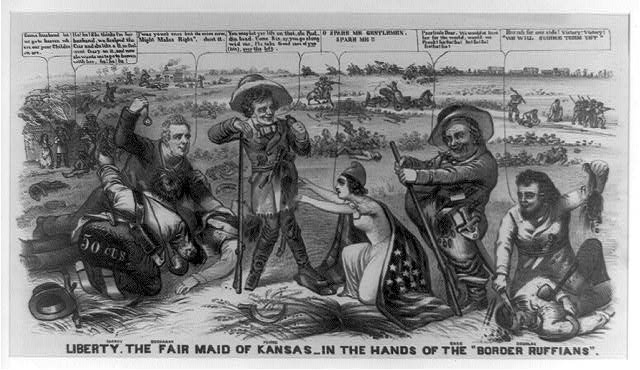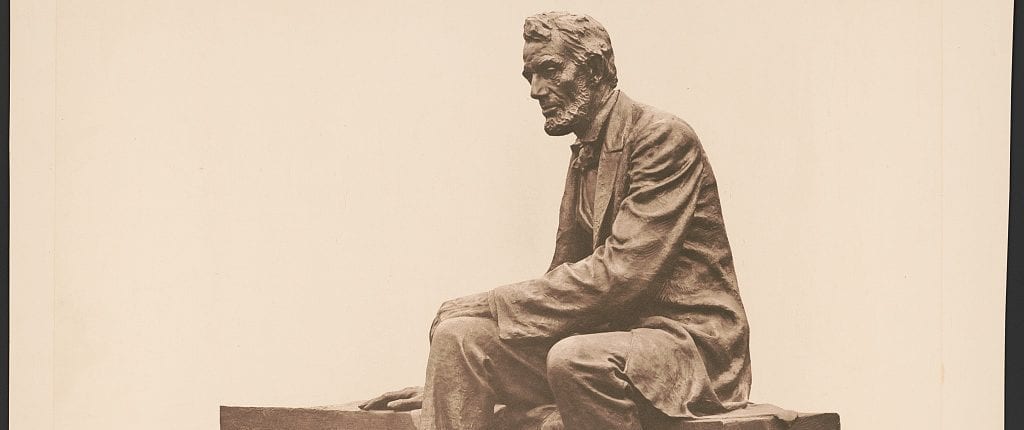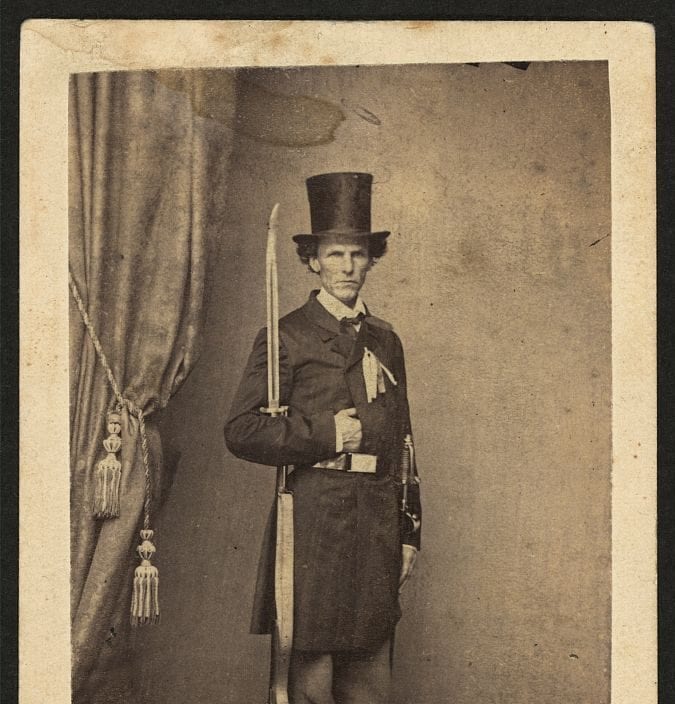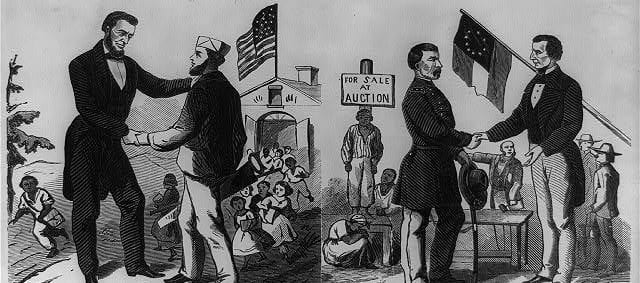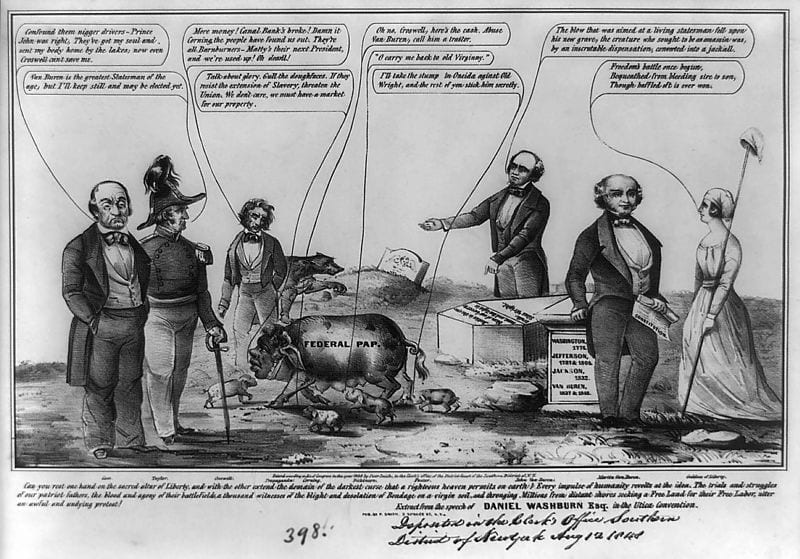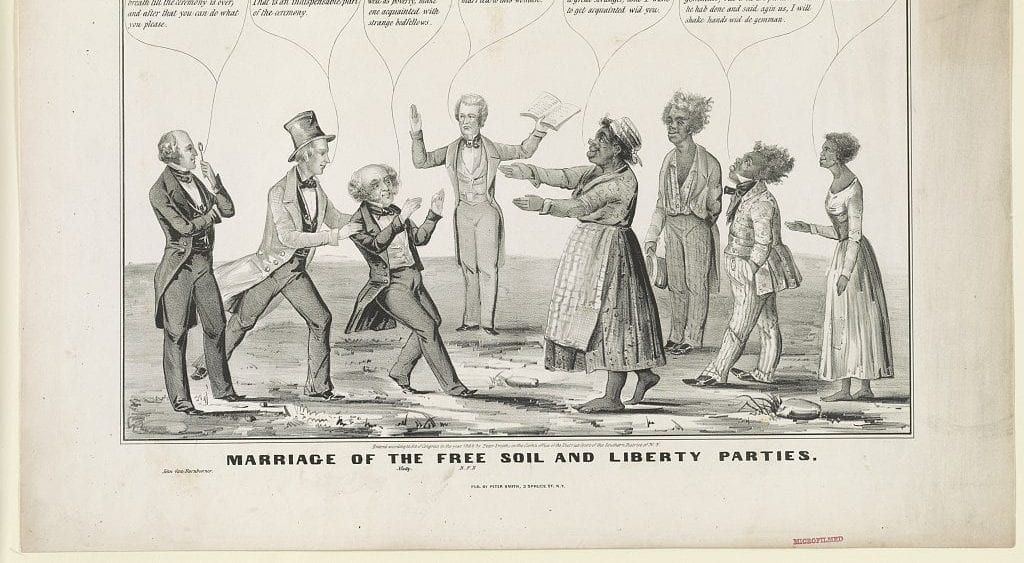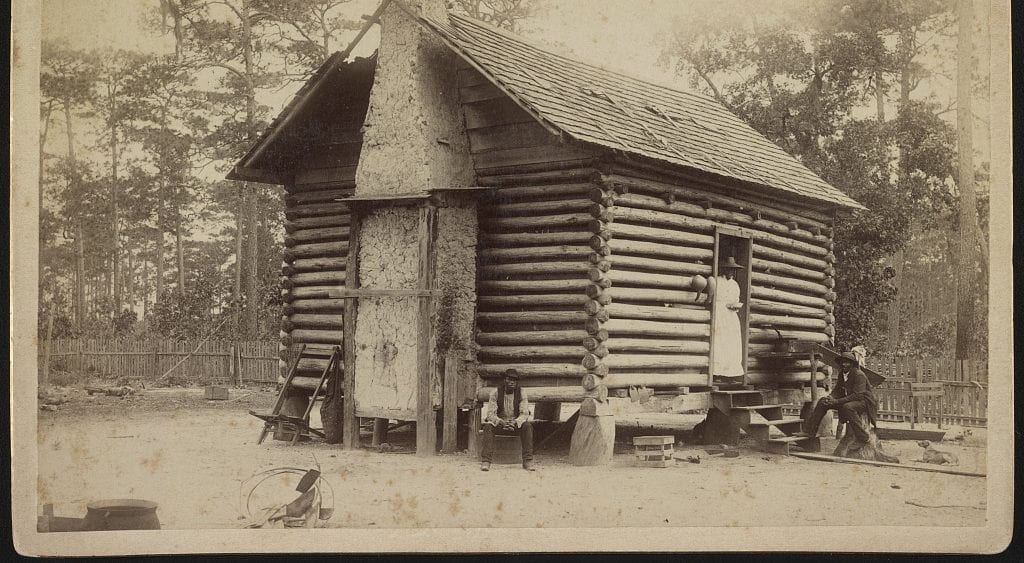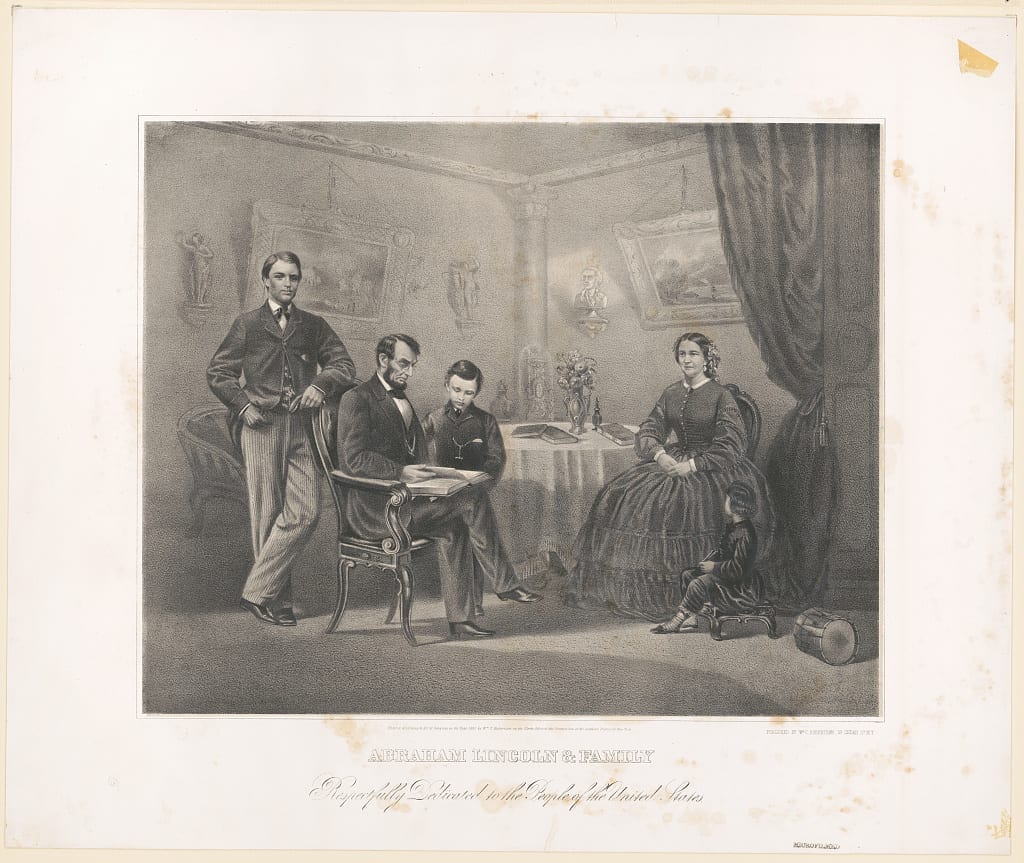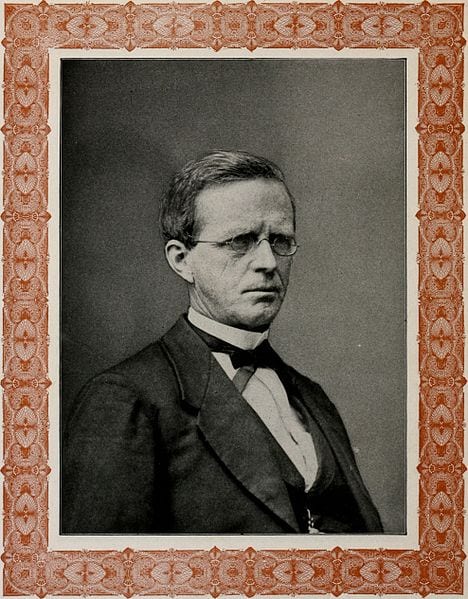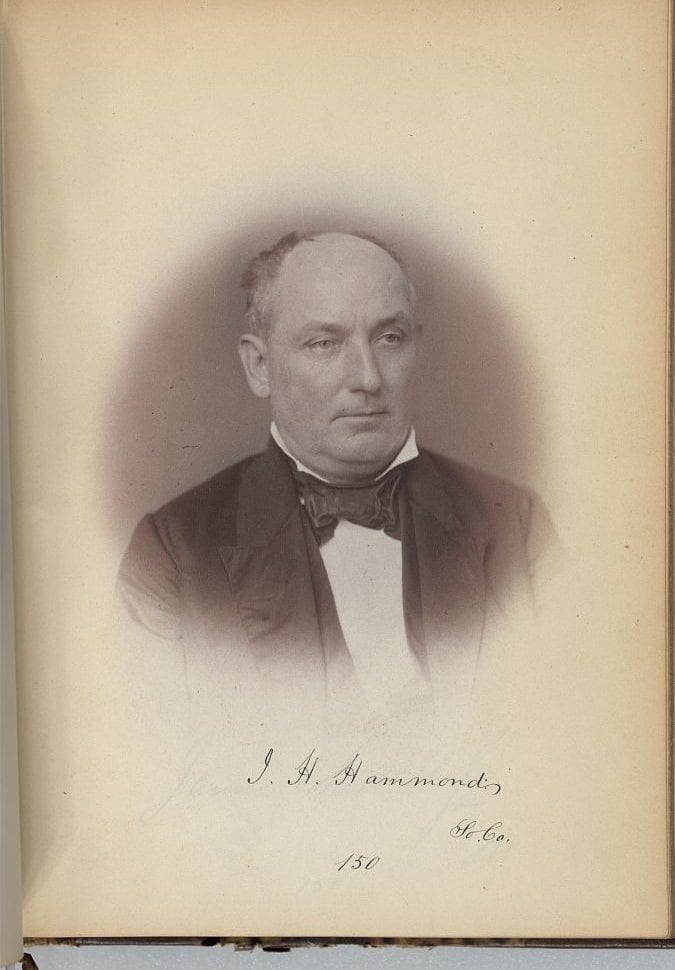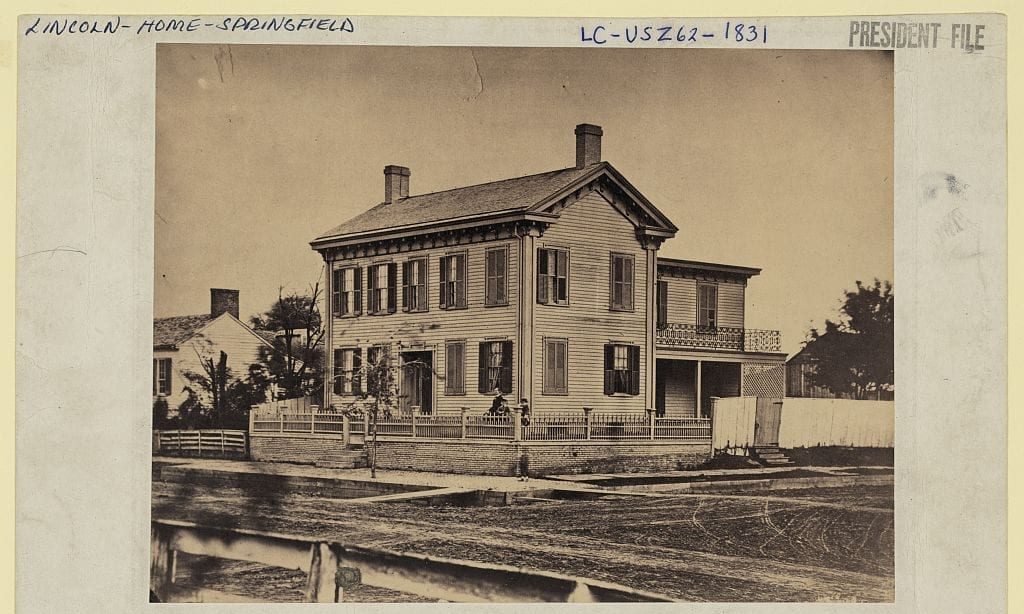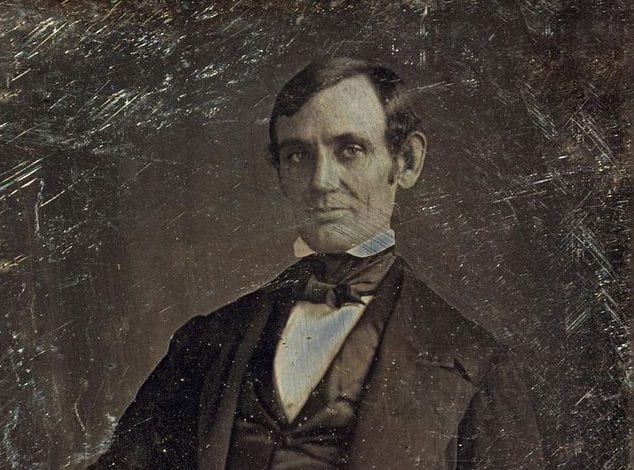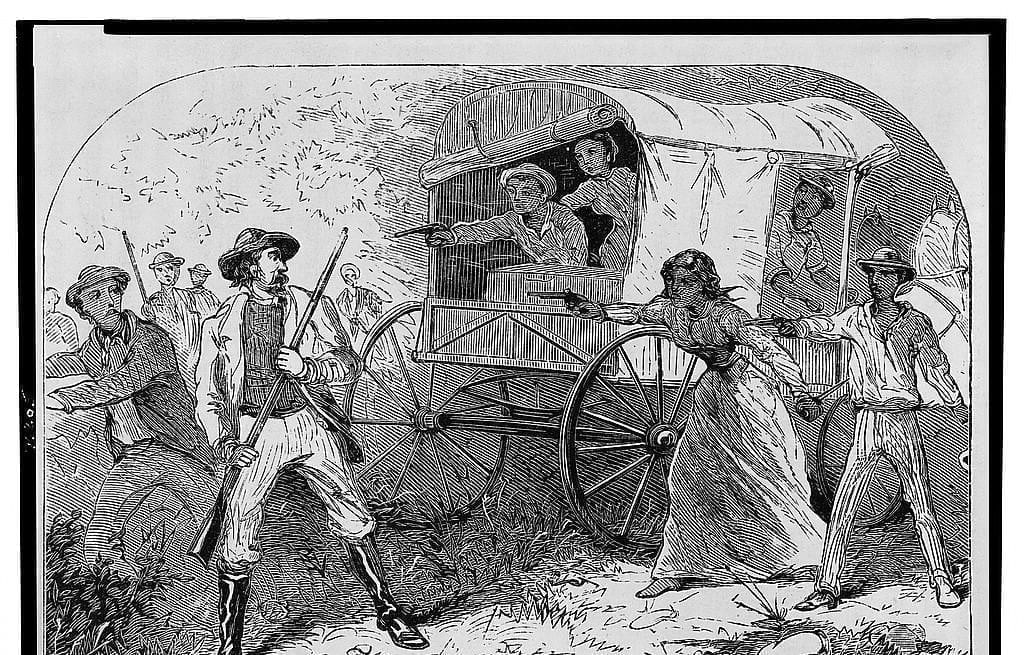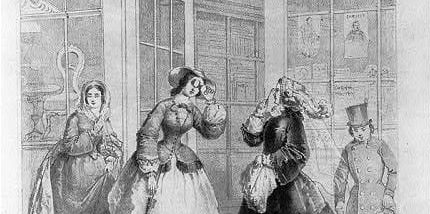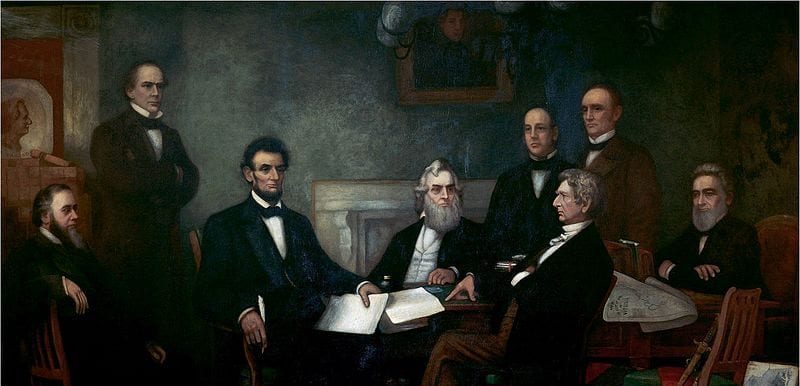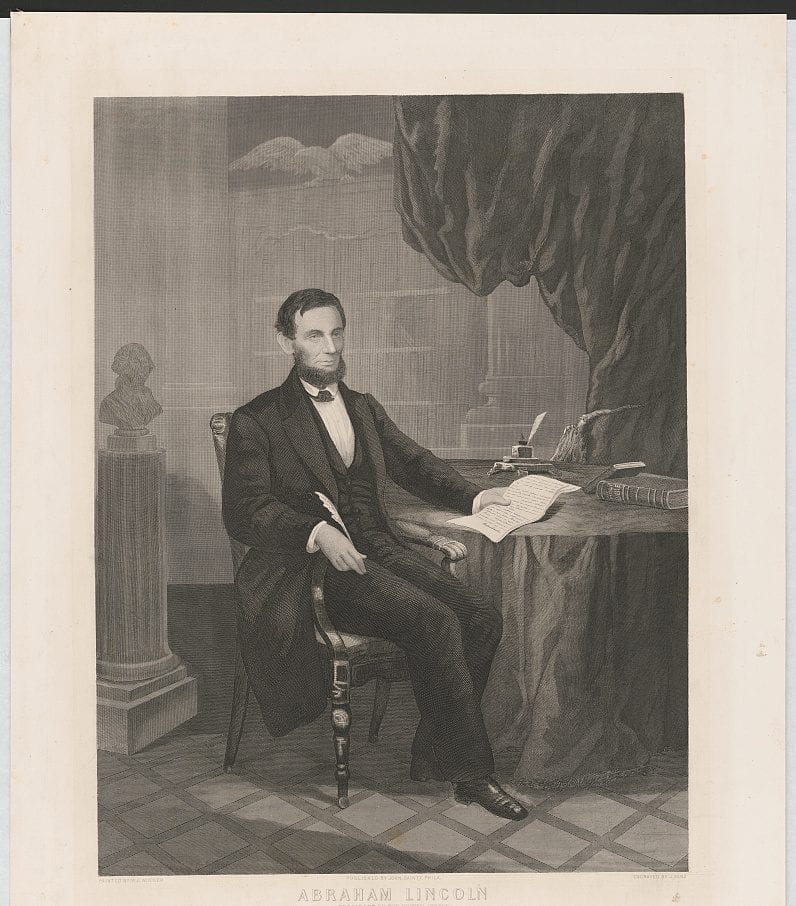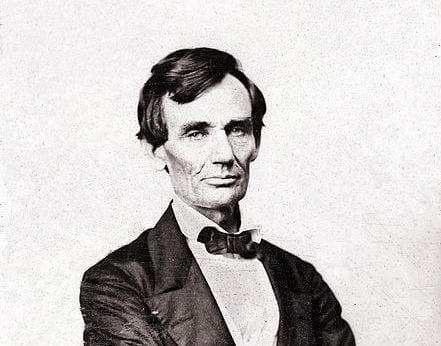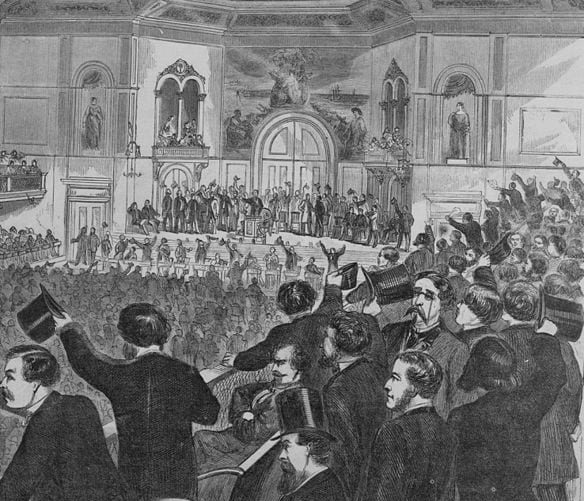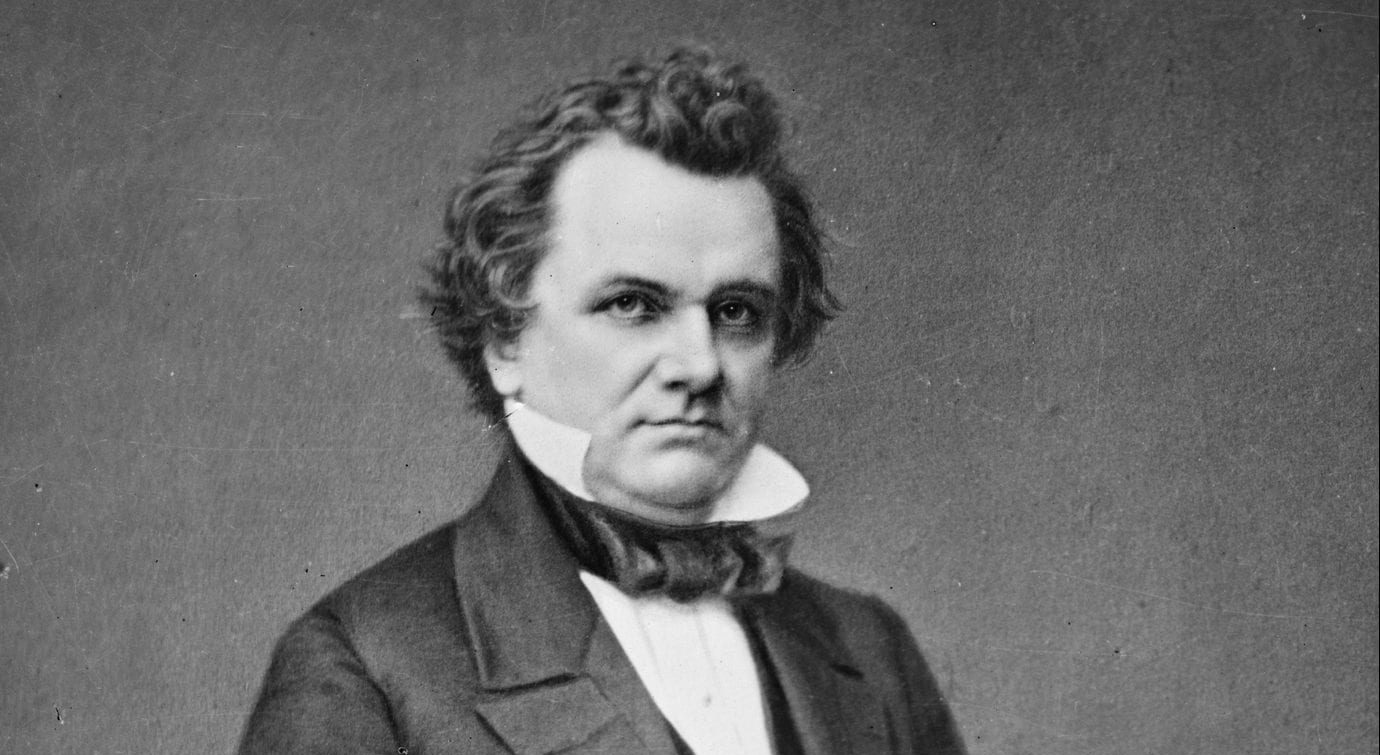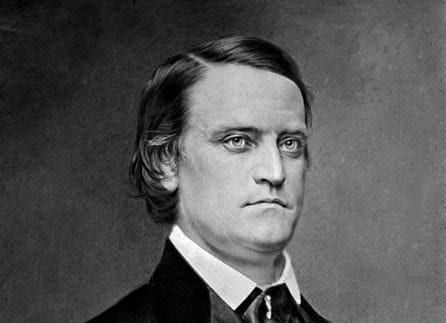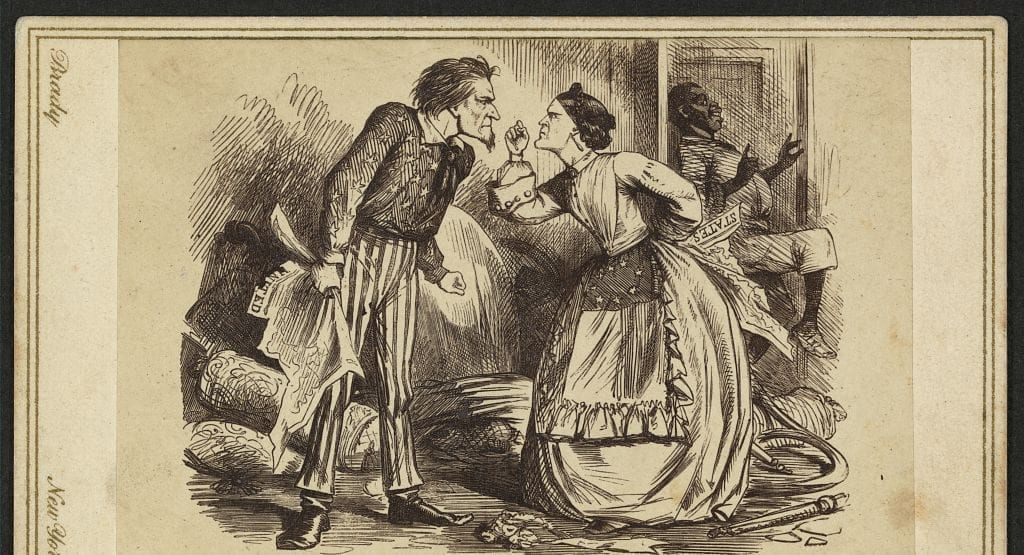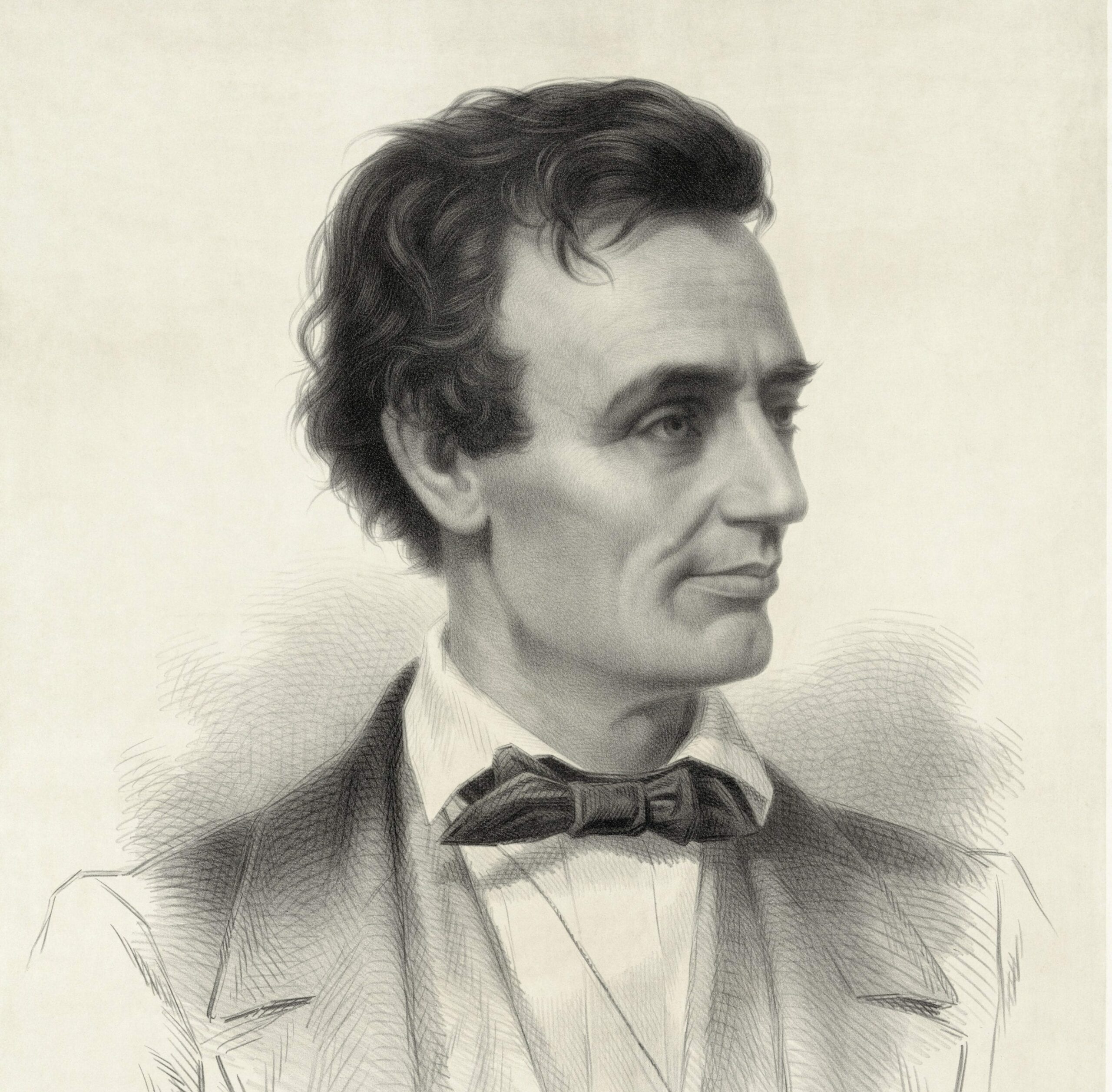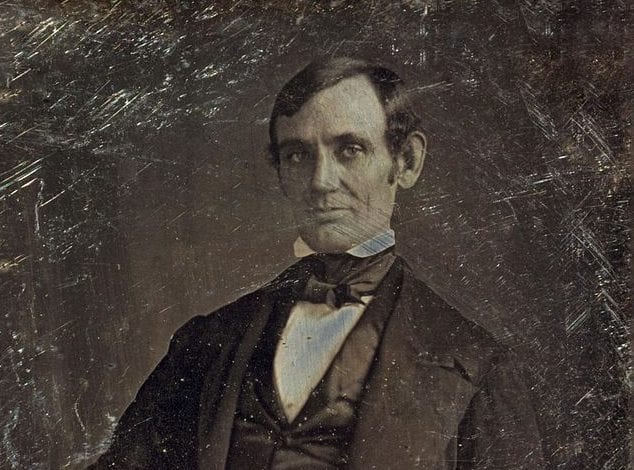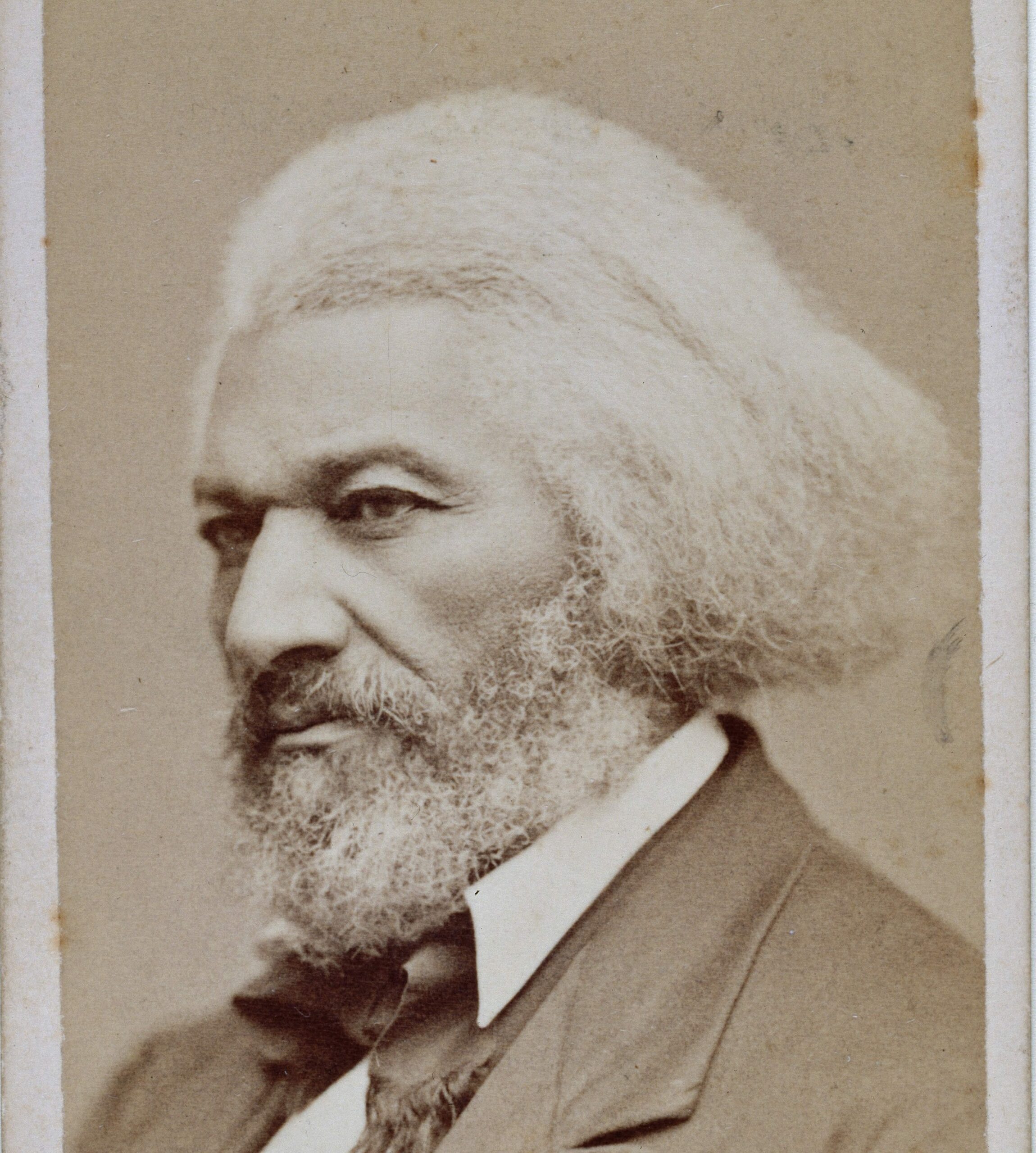
No study questions
No related resources
Introduction
Because the government of the United States under the Constitution was designed to be neither wholly national nor wholly federal, the question of how much sovereignty was retained by each of the individual states vis-à-vis the national government remained unresolved even after ratification. Indeed, some states, like Virginia and New York, explicitly included provisions outlining the right of the people either organically, or through their state governments, to resume their political authority in the event the national government proved unable to affect the purposes for which it had been established. A less dramatic version of this understanding underlay the Virginia and Kentucky Resolves of 1798/1799. Authored by James Madison and Thomas Jefferson, respectively, these documents upheld a robust vision of the states as constitutional interpreters, even (in the case of Kentucky) asserting that within its own borders, a state had the ability to nullify (or, in effect, to disregard) any federal law it believed to be unconstitutional. (Madison later disavowed nullification.)
Although the 1803 Marbury v. Madison decision helped claim for the Supreme Court the power to declare laws unconstitutional, the idea that the states had a legitimate ability to weigh in on the constitutionality of federal measures (previously manifested in the Hartford Convention) gained ground in the 1820s, particularly in the agricultural South, where people viewed national economic policies as unfairly partial toward northern manufacturing. South Carolinians took the lead in protesting the federal “tariff of abominations” in 1828.
President Andrew Jackson publicly refuted all arguments in favor of nullification, and brought a swift end to South Carolina’s rhetorical rebellion by threatening to use military force against the state if it did not comply with federal law. Many Northerners believed that nullification was not only a philosophical absurdity, but also directly linked to the perpetuation of the institution of slavery. They applauded Jackson’s actions as a defense of not only the Union, but also of freedom itself. The theory of state sovereignty at the heart of nullification continued to appeal to many Americans and contributed to the deepening divide between northerners and southerners during the antebellum period, leading at least one pessimistic wag to pen an “Epitaph for the Constitution” in which he (or she) imagined the issue leading to the collapse of the Union.
John C. Calhoun, Union and Liberty: The Political Philosophy of John C. Calhoun, ed. Ross M. Lence (Indianapolis: Liberty Fund, 1992). Available online at: https://goo.gl/8wm7MJ. John C. Calhoun (1782–1850) was a leading South Carolina politician, U.S. congressman, senator, secretary of state and war, and vice president. He was also the leading theorist of states’ rights, the view that the states retained sovereign power equal to the federal government’s. Although he is now known to be the author of this document, at the time of its original publication, his authorship was only suspected, not verified.
. . . [T]he present disordered state of our political system originated in the diversity of interests which exists in the country – a diversity recognized by the Constitution itself, and to which it owes one of its most distinguished and peculiar features – the division of the delegated powers between the State and General Governments. Our short experience, before the formation of the present Government, had conclusively shown that, while there were powers which in their nature were local and peculiar, and which could not be exercised by all, without oppression to some of the parts – so, also, there were those which, in their operation, necessarily affected the whole, and could not, therefore, be exercised by any of the parts, without affecting injuriously the others. On this different character, by which powers are distinguished in their geographical operation, our political system was constructed. Viewed in relation to them, to a certain extent we have a community of interests, which can only be justly and fairly supervised by concentrating the will and authority of the several States in the General Government; while, at the same time, the States have distinct and separate interests, over which no supervision can be exercised by the general power without injustice and oppression. Hence the division in the exercise of sovereign powers. . . . In the primary division of the sovereign powers, and in their exact and just classification, as stated, are to be found the first provisions or checks against the abuse of authority on the part of the absolute majority. The powers of the General Government are particularly enumerated and specifically delegated; and all powers not expressly delegated, or which are not necessary and proper to carry into effect those that are so granted, are reserved expressly to the States or the people. The Government is thus positively restricted to the exercise of those general powers that were supposed to act uniformly on all the parts – leaving the residue to the people of the States, by whom alone, from the very nature of these powers, they can be justly and fairly exercised, as has been stated.
Our system, then, consists of two distinct and independent Governments. The general powers, expressly delegated to the General Government, are subject to its sole and separate control; and the States cannot, without violating the constitutional compact, interpose their authority to check, or in any manner to counteract its movements, so long as they are confined to the proper sphere. So, also, the peculiar and local powers reserved to the States are subject to their exclusive control; nor can the General Government interfere, in any manner, with them, without violating the Constitution.
In order to have a full and clear conception of our institutions, it will be proper to remark that there is, in our system, a striking distinction between Government and Sovereignty. The separate governments of the several States are vested in their Legislative, Executive, and Judicial Departments; while the sovereignty resides in the people of the States respectively. The powers of the General Government are also vested in its Legislative, Executive, and Judicial Departments, while the sovereignty resides in the people of the several States who created it. But, by an express provision of the Constitution, it may be amended or changed by three-fourths of the States; and thus each State, by assenting to the Constitution with this provision, has modified its original right as a sovereign, of making its individual consent necessary to any change in its political condition; and, by becoming a member of the Union, has placed this important power in the hands of three-fourths of the States – in whom the highest power known to the Constitution actually resides. Not the least portion of this high sovereign authority resides in Congress, or any of the departments of the General Government. They are but the creatures of the Constitution, and are appointed but to execute its provisions; and, therefore, any attempt by all, or any of these departments, to exercise any power which, in its consequences, may alter the nature of the instrument, or change the condition of the parties to it, would be an act of usurpation.
It is thus that our political system, resting on the great principle involved in the recognized diversity of geographical interests in the community, has, in theory, with admirable sagacity, provided the most efficient check against their dangers. Looking to facts, the Constitution has formed the States into a community only to the extent of their common interests; leaving them distinct and independent communities as to all other interests, and drawing the line of separation with consummate skill, as before stated. It is manifest that, so long as this beautiful theory is adhered to in practice, the system, like the atmosphere, will press equally on all the parts. But reason and experience teach us that theory of itself, however excellent, is nugatory, unless there be means of efficiently enforcing it in practice – which brings under consideration the highly important question – What means are provided by the system for enforcing this fundamental provision? . . .
A system like ours, of divided powers, must necessarily give great importance to a proper system of construction; but it is perfectly clear that no rule of construction, however perfect, can, in fact, prescribe bounds to the operation of power. All such rules constitute, in fact, but an appeal from the minority to the justice and reason of the majority; and if such appeals were sufficient of themselves to restrain the avarice or ambition of those vested with power, then may a system of technical construction be sufficient to protect against the encroachment of power; but, on such supposition, reason and justice might alone be relied on, without the aid of any constitutional or artificial restraint whatever. Universal experience, in all ages and countries, however, teaches that power can only be restrained by power, and not by reason and justice; and that all restrictions on authority, unsustained by an equal antagonist power, must forever prove wholly inefficient in practice. . . . But that protection, which the minor interests must ever fail to find in any technical system of construction, may be found in the reserved rights of the States themselves, if they be properly called into action; and there only will they ever be found of sufficient efficacy. The right of protecting their powers results, necessarily, by the most simple and demonstrative arguments, from the very nature of the relation subsisting between the States and General Government. . . .
How is the remedy to be applied by the States? In this inquiry a question may be made – whether a State can interpose its sovereignty through the ordinary Legislature, but which the committee do not deem it necessary to investigate. It is sufficient that plausible reasons may be assigned against this mode of action, if there be one (and there is one) free from all objections. Whatever doubts may be raised as to the question – whether the respective Legislatures fully represent the sovereignty of the States for this high purpose, there can be none as to the fact that a Convention1 fully represents them for all purposes whatever. Its authority, therefore, must remove every objection as to form, and leave the question on the single point of the right of the States to interpose at all. When convened, it will belong to the Convention itself to determine, authoritatively, whether the acts of which we complain be unconstitutional; and, if so, whether they constitute a violation so deliberate, palpable, and dangerous, as to justify the interposition of the State to protect its rights. If this question be decided in the affirmative, the Convention will then determine in what manner they ought to be declared null and void within the limits of the State; which solemn declaration, based on her rights as a member of the Union, would be obligatory, not only on her own citizens, but on the General Government itself; and thus place the violated rights of the State under the shield of the Constitution. . . .
It may be objected, then – in the first place, that the right of the States to interpose rests on mere inference, without any express provision in the Constitution; and that it is not to be supposed – if the Constitution contemplated the exercise of powers of such high importance – that it would have been left to inference alone. In answer, the committee would ask, whether the power of the Supreme Court to declare a law unconstitutional is not among the very highest and most important that can be exercised by any department of the Government – and if any express provision can be found to justify its exercise? Like the power in question, it also rests on mere inference – but an inference so clear, that no express provision could render it more certain. The simple fact, that the Judges must decide according to law, and that the Constitution is paramount to the acts of Congress, imposes a necessity on the court to declare the latter void whenever, in its opinion, they come in conflict, in any particular case, with the former. So, also, in the question under consideration. The right of the States – even supposing it to rest on inference, stands on clearer and stronger grounds than that of the Court. In the distribution of powers between the General and State Governments, the Constitution professes to enumerate those assigned to the former, in whatever department they may be vested; while the powers of the latter are reserved in general terms, without attempt at enumeration. It may, therefore, constitute a presumption against the former – that the Court has no right to declare a law unconstitutional, because the power is not enumerated among those belonging to the Judiciary – while the omission to enumerate the power of the States to interpose in order to protect their rights – being strictly in accord with the principles on which its framers formed the Constitution, raises not the slightest presumption against its existence. Like all other reserved rights, it is to be inferred from the simple fact that it is not delegated – as is clearly the case in this instance.
Again – it may be objected to the power, that it is inconsistent with the necessary authority of the General Government – and, in its consequences, must lead to feebleness, anarchy, and finally disunion.
It is impossible to propose any limitation on the authority of governments, without encountering, from the supporters of power, this very objection of feebleness and anarchy. . . . It is, in fact, not at all surprising that, to a people unacquainted with the nature of liberty, and inexperienced in its blessings, all limitations on supreme power should appear incompatible with its nature, and as tending to feebleness and anarchy. . . . With us, however, who know from our own experience . . . that power can only be rendered useful and secure by being properly checked – it is, indeed, strange that any intelligent citizen should consider limitations on the authority of government incompatible with its nature – or should fear danger from any check properly lodged, which may be necessary to guard against usurpation or abuse, and protect the great and distinct interests of the country. That there are such interests represented by the States, and that the States are the only competent powers to protect them, has been sufficiently established; and it only remains, in order to meet the objection, to prove that, for this purpose, the States may be safely vested with the right of interposition. . . .
But it may be objected, that the exercise of the power would have the effect of placing the majority under the control of the minority. If the objection were well founded, it would be fatal. If the majority cannot be trusted, neither can the minority: and to transfer power from the former to the latter, would be but the repetition of the old error, in taking shelter under monarchy or aristocracy, against the more oppressive tyranny of an illy [sic] constructed republic. But it is not the consequence of proper checks to change places between the majority and minority. It leaves the power controlled still independent; as is exemplified in our political institutions, by the operation of acknowledged checks. The power of the Judiciary to declare an act of Congress, or of a State Legislature, unconstitutional, is, for its appropriate purpose, a most efficient check; but who that is acquainted with the nature of our Government ever supposed that it ever really vested (when confined to its proper object) a supreme power in the Court over Congress or the State Legislatures? Such was neither the intention, nor is it the effect. . . .
That there exists a case which would justify the interposition of this State, in order to compel the General Government to abandon an unconstitutional power, or to appeal to this high authority to confer it by express grant, the committee do not in the least doubt; and they are equally clear in the necessity of its exercise, if the General Government should continue to persist in its improper assumption of powers belonging to the State – which brings them to the last point they propose to consider – viz.: When would it be proper to exercise this high power?
If the committee were to judge only by the magnitude of the interests at stake, they would, without hesitation, recommend the call of a Convention without delay. But they deeply feel the obligation of respect for the other members of the confederacy, and the necessity of great moderation and forbearance in the exercise even of the most unquestionable right, between parties who stand connected by the closest and most sacred political compact. With these sentiments, they deem it advisable, after presenting the views of the Legislature in this solemn manner (if the body concur with the committee), to allow time for further consideration and reflection, in the hope that a returning sense of justice on the part of the majority, when they come to reflect on the wrongs which this and the other staple States have suffered, and are suffering, may repeal the obnoxious and unconstitutional acts – and thereby prevent the necessity of interposing the veto of the State.
The committee are further induced, at this time, to recommend this course, under the hope that the great political revolution, which will displace from power, on the 4th of March next, those who have acquired authority by setting the will of the people at defiance – and which will bring in an eminent citizen, distinguished for his services to his country, and his justice and patriotism, may be followed up, under his influence, with a complete restoration of the pure principles of our Government.2 But, in thus recommending delay, the committee wish it to be distinctly understood, that neither doubts of the rightful power of the State, nor apprehension of consequences, constitute the smallest part of their motives. They would be unworthy of the name of freemen – of Americans – of Carolinians, if danger, however great, could cause them to shrink from the maintenance of their constitutional rights. But they deem it preposterous to anticipate danger under a system of laws, where a sovereign party to the compact, which formed the Government, exercises a power which, after the fullest investigation, she conscientiously believes to belong to her under the guarantee of the Constitution itself – and which is essential to the preservation of her sovereignty. The committee deem it not only the right of the State, but her duty, under the solemn sanction of an oath, to interpose, if no other remedy be applied. They interpret the oath to defend the Constitution, not simply as imposing an obligation to abstain from violation, but to prevent it on the part of others. In their opinion, he is as guilty of violating that sacred instrument, who permits an infraction, when it is in his power to prevent it, as he who actually perpetrates the violation. The one may be bolder, and the other more timid – but the sense of duty must be weak in both.
With these views the committee are solemnly of the impression – if the present usurpations and the professed doctrines of the existing system be persevered in – after due forbearance on the part of the State – that it will be her sacred duty to interpose – a duty to herself – to the Union – to the present, and to future generations – and to the cause of liberty over the world, to arrest the progress of a usurpation which, if not arrested, must, in its consequences, corrupt the public morals and destroy the liberty of the country.

Conversation-based seminars for collegial PD, one-day and multi-day seminars, graduate credit seminars (MA degree), online and in-person.














